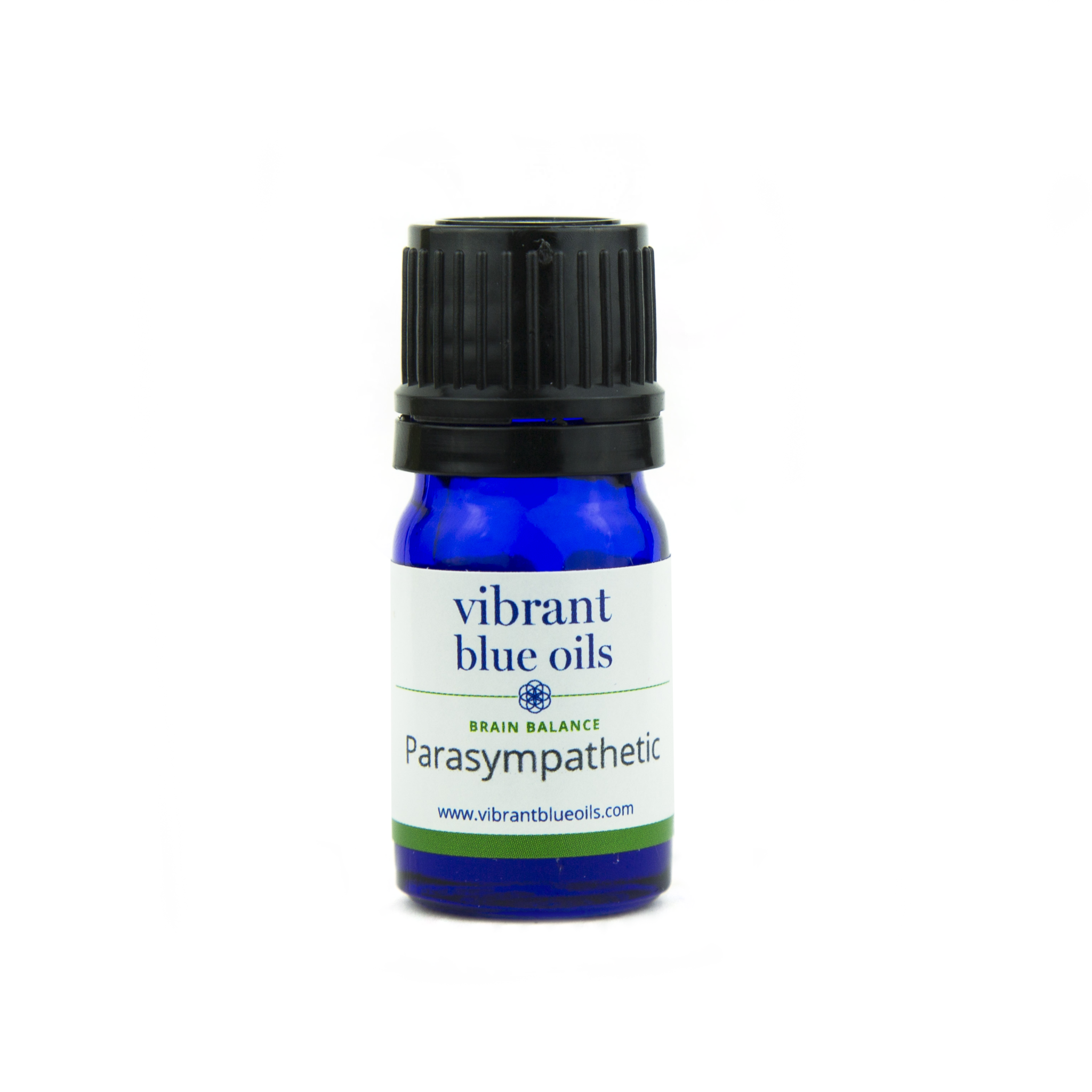Tensions are running high these days.
Social media posts seem to quickly escalate into heated, intense and polarizing arguments. Even my most level-headed and open-minded friends and colleagues seem quick to anger and ready to rumble over conflicting viewpoints.
I have no desire to contribute to any additional stress, fear or divisiveness right now. That said, I do have the desire to empower you with both the tools to understand what is physiologically amplifying this anger and discord and the strategies to help you and your loved ones maintain a state of calm as tensions intensify.
Your body responds to environmental stress – like the stress caused by the current health crisis and racial tensions – by shifting into survival mode where stress hormones, like cortisol and adrenaline, course through your body, keeping you at the ready to fight or flee. Your fight-or-flight Sympathetic branch of your nervous system prepares you for action in response to a physical or psychological threat. Your muscles tense and your vision narrows, allowing you to narrow your focus and pay close attention to the external, physical world.
Fight or Flight Activates Selective Attention
Selective attention, a process where you identify and survive threats before dedicating your attention to anything else, helps you focus on what’s important while ignoring irrelevant, outside information. Just as the sympathetic nervous system turns off all functions not critical to survival, including your ability to digest food, it also turns off your ability to focus on anything outside of the pressing danger.
You are constantly bombarded with sensory information. If you focus your attention on everything going on around you, you will go into sensory overload and be unable to maintain your focus on safety. Unfortunately, when the sympathetic state locks you into a state of constantly scan for threats, it shuts down your ability to thoughtfully contemplate different perspectives that might feel threatening to your safety.
In your efforts to stay safe, your brain attempts to predict your future based on your past and literally limits your focus to the point where you are unable to entertain new information or ideas that clash with your historical belief system.
“That’s what stress does”, according to Becoming Supernatural author Dr. Joe Dispenza. “It influences you to obsess about your problems so you can be prepared for the future worst-case scenario based on your past memories. Being prepared for the worst outcome gives you a better chance of survival because no matter what happens, you are prepared for it.”
This hyper-vigulence can save your life when you are under threat, but also restricts your emotional regulation or receptivity to new or different viewpoints and ideas, making you more likely to engage in and amplify conflict. For example, concepts that clash with your belief system or historic experience can trigger intense discomfort, prompting you to either dismiss or diminish the new information or the messenger as a strategy to reduce this discomfort.
Parasympathetic Activity Enhances Focus
Research from the University of Oregon found that “greater parasympathetic activity is a marker of increased selective attention and neurocognitive function.”
In other words, you can heighten your selective attention and your ability to stay open to new or conflicting ideas by activating your parasympathetic state. Your parasympathetic nervous system activates the relaxed physical and mental state that allows you to consider and integrate new ideas.
In the parasympathetic state, your vagus nerve releases the neurotransmitter acetylcholine, to help enhance attention, and learning. In your brain, acetylcholine activates and inhibits communication between different brain regions to properly store information, by speeding up or slowing down nerve signals. In your brain, acetylcholine is mainly excitatory, allowing your neurons to communicate so you can think clearly, learn new information and form new memories.
Parasympathetic Activity Enhances Emotional Regulation
The parasympathetic state helps you feel safe which allows you to process or “digest” information from a more balanced emotional state. The parasympathetic state helps to activate the neural connections necessary for healthy cognitive and emotion regulation.
When you are able to shift out of the high alert state into a mental and emotional space of safety, your mind can relax, allowing you to calm your emotional state and expand your focus.
Likewise, strategies that expand your focus like meditation or EMDR, can also activate the parasympathetic state. For example, eye movement exercises or other external bilateral stimulation creates a dual focus of attention. This helps shift your focus away from the internal fight-flight state. This dual focus of attention is what distracts the mind into “blurring” the intensity of the distressing internal state, lessening it’s emotional charge and allowing you to see the situation in a more clear and detached way.
This ability to shift focus and help detach from the feeling of danger helps calm your state of arousal and further lessens your tendency to over react, by calming the signals that can exaggerate the severity of a threat or certain situations.
Shifting your focus by engaging your senses, such as your sense of smell, helps distract you out of an internal state of distress, thereby lessening it’s intensity and the intensity of your responses to others. This allows you to feel safe and access more possibilities and options.
Dispenza elaborates on how when we adopt a more broad focus, what he calls a divergent focus. He notes that a “shift in attention from narrow to open focus changes brain waves”, changing them from beta waves (conscious thought) to alpha (relaxed and creative). This allows you to feel safe and access more possibilities and options.
Inhaling or topically applying Parasympathetic® behind the earlobe on the mastoid bone where the vagus nerve is closest to the surface of your body helps stimulate your vagus nerve to activate the parasympathetic state and calm your nervous system.
Featured Oil:

Parasympathetic™
available here
Ready to get started? Click the links below to order today:
References:




